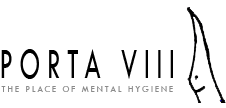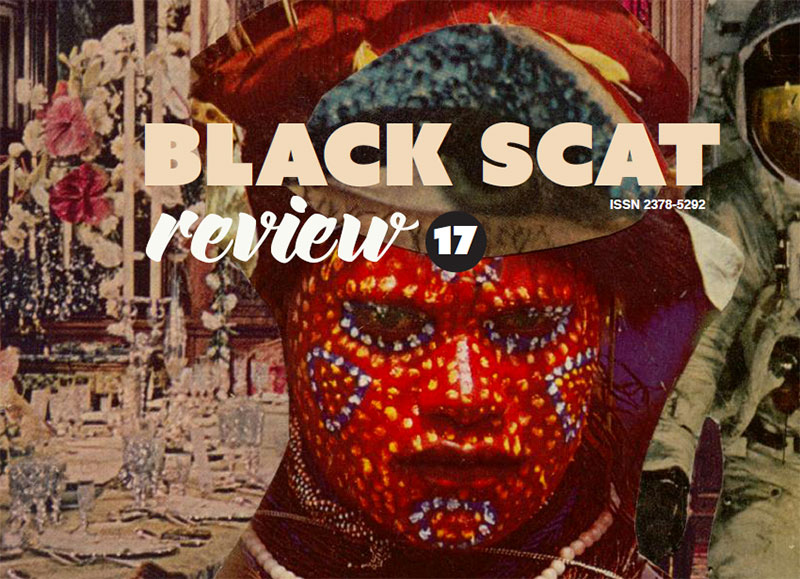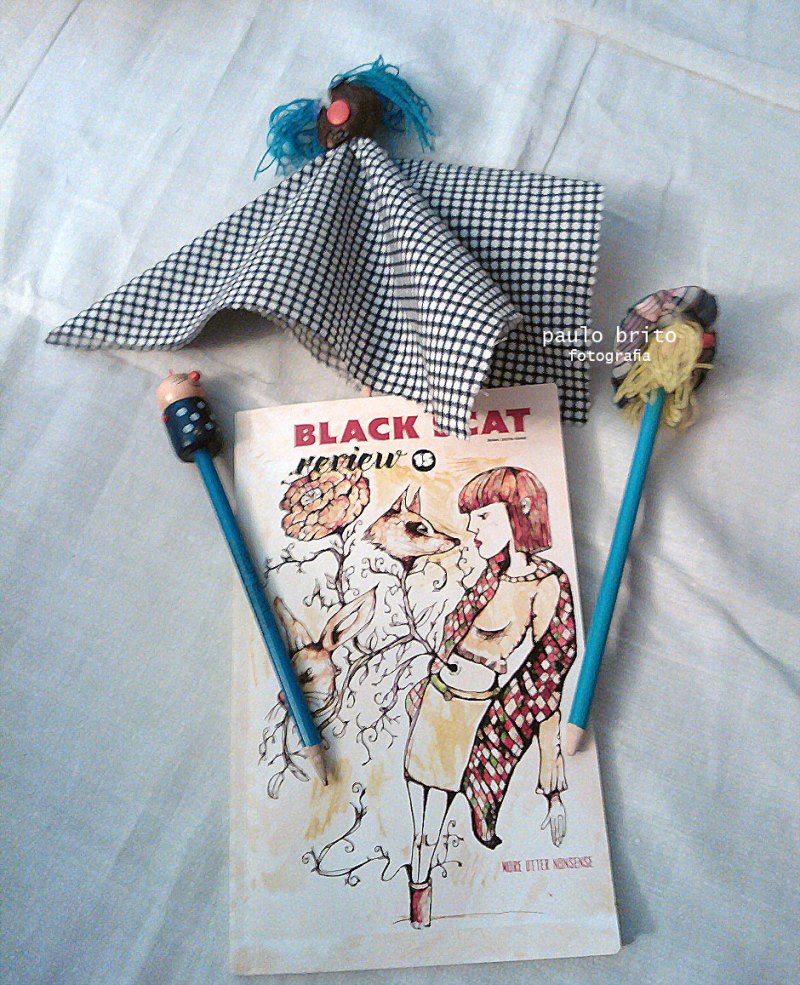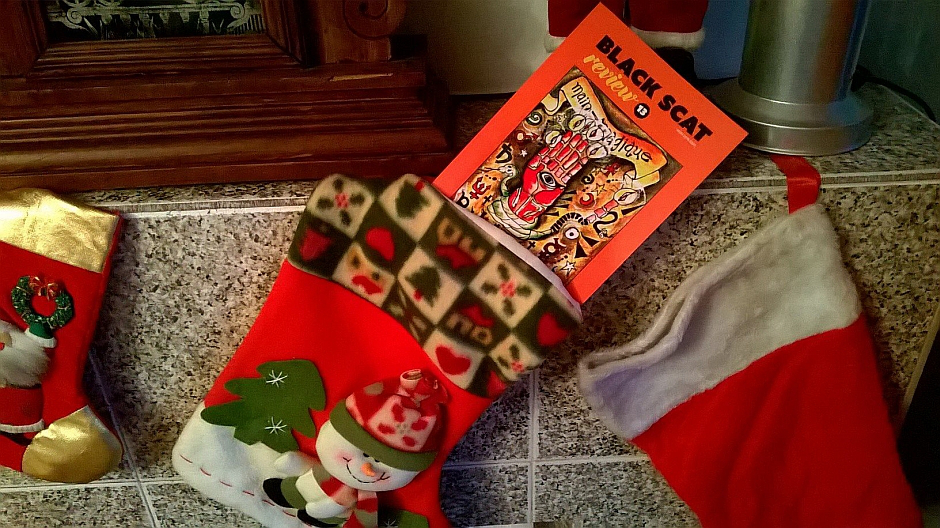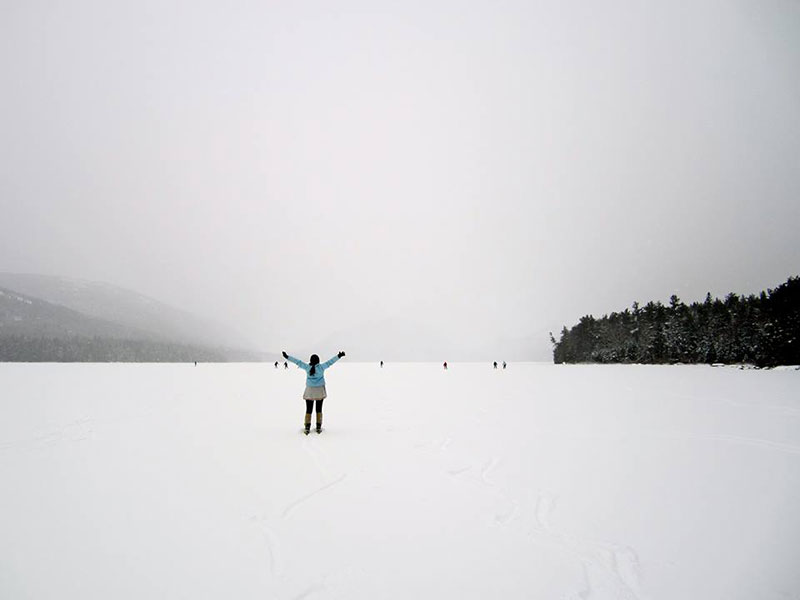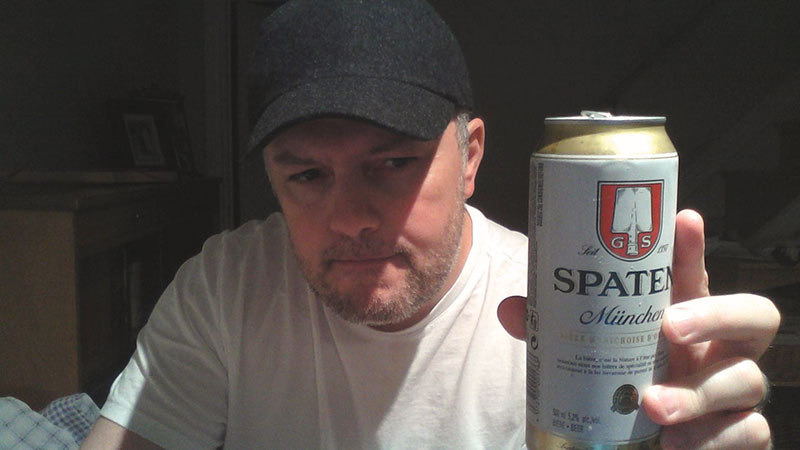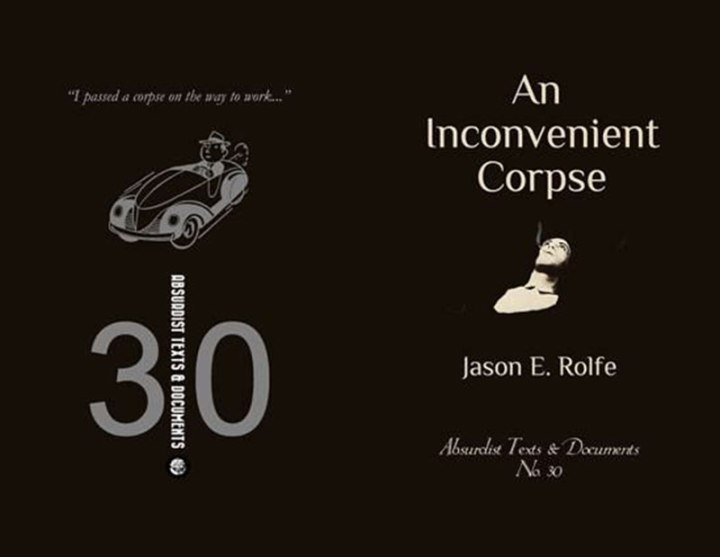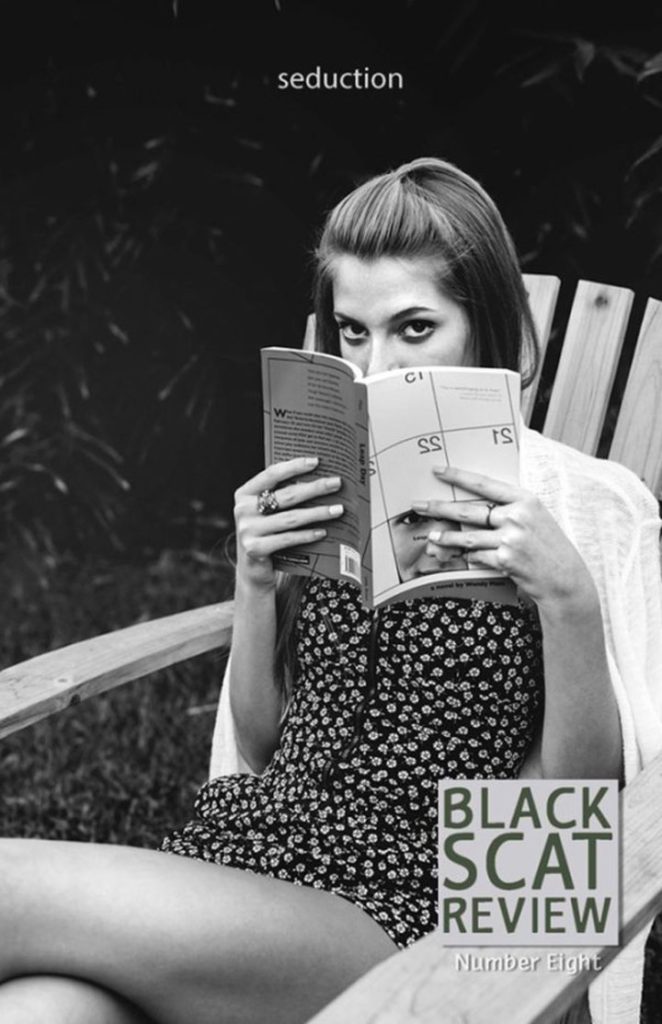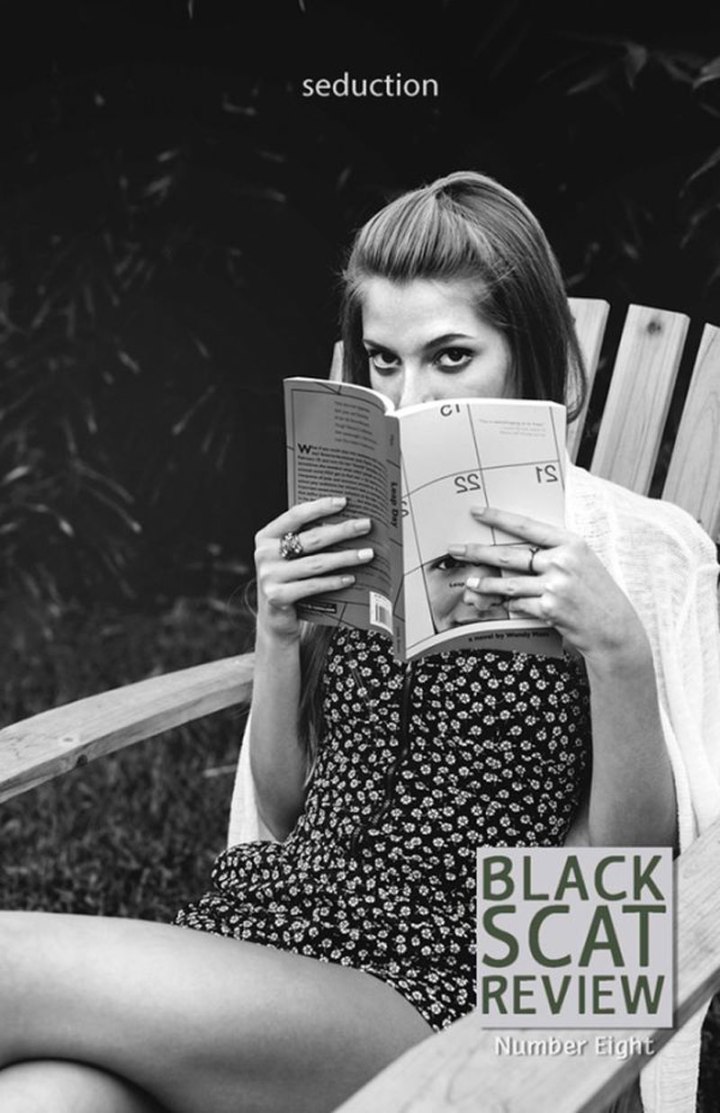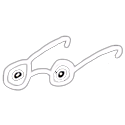1. Do you have a specific writing style?
My writing is intensely personal. I try to go directly to the heart of the matter. This is especially important, for obvious reasons, in very short fiction. This does hold true for me, however, regardless of the form I am utilizing. My longer fiction, creative non-fiction, journalistic pieces and even the interviews I conduct have this as the hallmark, as well. My heart is forever on my sleeve for all to see.
2. What books have most influenced your life?
When, in my youth, I read To Kill a Mockingbird and The Grapes of Wrath I was unalterably set on a course to view the world in a certain way. They were monumental books for my education and evolving character. Then, as a teenager, reading To The Lighthouse, Mrs. Dalloway, The Waves, A Room of One’s Own, I was blown away with the possibilities in language, words, and literature. It was after reading these Virginia Woolf classics that I began my lifelong love affair with reading and writing. Lastly, James Agee’s A Death in the Family, my favorite novel, taught me about writing from the truest depth of my heart, how to evoke mood, and power. Phenomenal book.
3. If you had to choose, which writer would you consider a mentor?
I consider teachers, more than other writers, my mentors. I had a teacher in my youth, Mrs. Delphine Johnson, who recognized in me an innate talent for expressing myself through the written word. She was the first to identify this and encouraged me throughout my school years. My English professor at the University of Minnesota worked endlessly with me and was at my side when I won the Best Freshman Writer scholarship that year. I will never forget these teachers. Of late, a dear friend, Jason Rolfe, encouraged me to submit my work for publication. He is a wonderful writer, mentor and mensch! I am forever indebted to him.
4. What are your current projects?
I always have several projects brewing at any given moment. Presently, I am collecting my very short fiction pieces and will begin the process of looking for a publisher. I am also at work on a book length project about very small towns of the world. I also love conducting interviews and doing profiles of writers and artists. I usually have one of those in the works. I would love to start my own journal of food related fiction, non-fiction, poetry, and photography. I’m working towards that goal, as well.
5. How much research do you do?
It depends on the project, but I normally choose projects that do not require much research.
6. Do you write full-time or part-time?
I write as often as I can. My notebook is ever ready.
7. Where do your ideas come from?
My ideas come from many places: my observations of people, from observing nature, from my dreams, from stories in the news. Most often my best ideas come to me when I am in that blessed and magical state between wakefulness and sleep. It is usually in moments of silence that my muse speaks.
8. How can readers discover more about you and you work?
I have found Facebook and Twitter to be useful tools for connecting with readers and especially with other writers and artists. My posts are generally very personal in nature. People respond well to this and for this I am pleased and grateful. I am quite new to the world of publishing so therefore do not have a long list of credits. I was very happy to be featured on the pages of Literary Orphans multiple times, Sein und Werden and also, the Utter Nonsense issue of the international journal of experimental and absurdist literature and art, The Black Scat Review.
